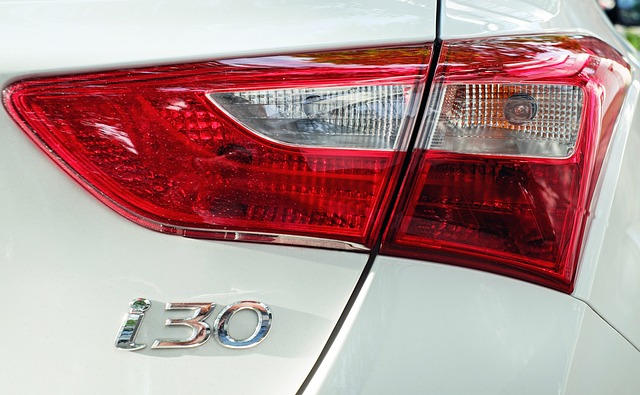When it comes to maintaining your Hyundai, understanding the nuances of Hyundai mechanic troubleshooting can make a significant difference. Car issues often arise unexpectedly, leaving many of us feeling overwhelmed. However, with the right insights and a bit of guidance, diagnosing problems can become a manageable task. Whether you’re facing minor glitches or more serious concerns, having a firm grasp on common issues will empower you as a car owner to take control of your vehicle’s health.
Main Points
- Understanding common Hyundai problems.
- Essential tools for effective troubleshooting.
- Tips for DIY maintenance.
- When to consult a professional mechanic.

Essential Diagnostic Tools Every Hyundai Owner Should Have
Owning a Hyundai brings joy, yet maintaining it requires the right tools. Smart car owners know that having essential diagnostic equipment can save time and money. Below are some fundamental tools that can enhance your ownership experience:
- OBD-II Scanner: This device reads your car’s diagnostic trouble codes, helping you troubleshoot issues quickly.
- Multimeter: Essential for checking electrical circuits, it ensures your battery and alternator are functioning correctly.
- Tire Pressure Gauge: Maintaining proper tire pressure boosts fuel efficiency and longevity; a must-have tool.
Equipped with these tools, Hyundai owners can effortlessly tackle minor issues and ensure their vehicle remains in top condition.

Common Hyundai Issues: Identifying Symptoms Before They Escalate
Hyundai vehicles, while typically reliable, can exhibit specific issues that warrant attention. Recognizing symptoms early can save both time and money. For instance, strange sounds from the engine or unusual vibrations while driving may indicate underlying problems. Addressing these concerns promptly may prevent more significant malfunctions down the road.
Symptoms to Watch For
| Symptom | Possible Issue |
|---|---|
| Engine Light On | Sensor Malfunction |
| Unusual Noises | Exhaust Issues |
Being proactive about these problems can make a significant difference. If you notice any peculiar signs, seeking a professional evaluation is crucial. Timely intervention ensures your Hyundai remains dependable and safe on the road.
DIY Maintenance Tips: Keeping Your Hyundai Running Smoothly
Regular maintenance is essential for your Hyundai to perform optimally. Start by checking the oil and coolant levels frequently. A well-lubricated engine can significantly enhance fuel efficiency. Furthermore, inspect tire pressure monthly to ensure safety and longevity. Don’t overlook replacing air filters, which can impact engine performance.
Essential Checks to Consider
Additionally, keep an eye on your brake pads and lights. These are crucial for your safety on the road. Moreover, understanding warning lights can prevent costly repairs later. Having a basic toolkit handy can empower you to tackle minor issues you may encounter. This DIY approach can be rewarding!
Conclusion
In conclusion, seeking help from a qualified technician can significantly simplify the process of Hyundai mechanic troubleshooting. You can tackle any complex issue with your vehicle more effectively when you approach it with the right knowledge and support. Embracing expert advice not only saves time but also enhances the longevity of your Hyundai. Therefore, don’t hesitate to reach out for professional insights instead of getting overwhelmed by uncertainties. After all, having a reliable mechanic by your side makes a world of difference in maintaining your vehicle’s performance.
Frequently Asked Questions
What should I do if my Hyundai won’t start?
Check the battery voltage, connections, and starter motor. If the battery is dead, try jump-starting the vehicle. If it still doesn’t start, consider contacting a mechanic for further diagnosis.
How can I tell if my Hyundai needs an oil change?
Look for the oil change indicator on your dashboard, check the oil level using the dipstick, and inspect the oil’s color and consistency. Generally, it’s recommended to change the oil every 5,000 to 7,500 miles.
What could cause my Hyundai to overheat?
Common causes include low coolant levels, a faulty thermostat, a blocked radiator, or a malfunctioning water pump. It’s important to address overheating issues immediately to prevent engine damage.

